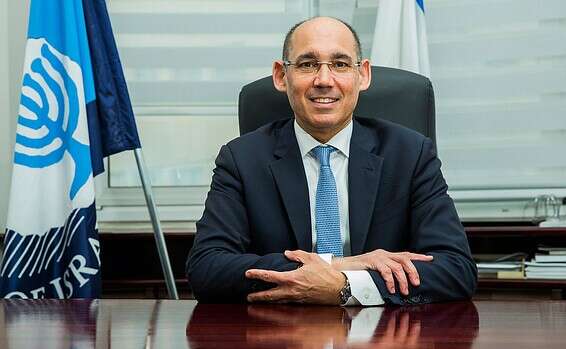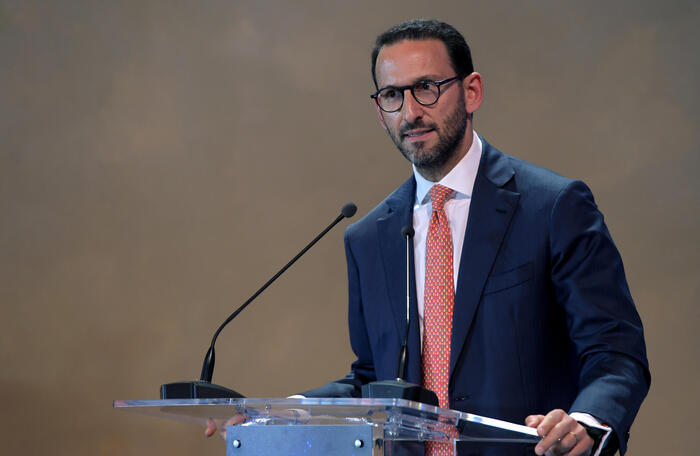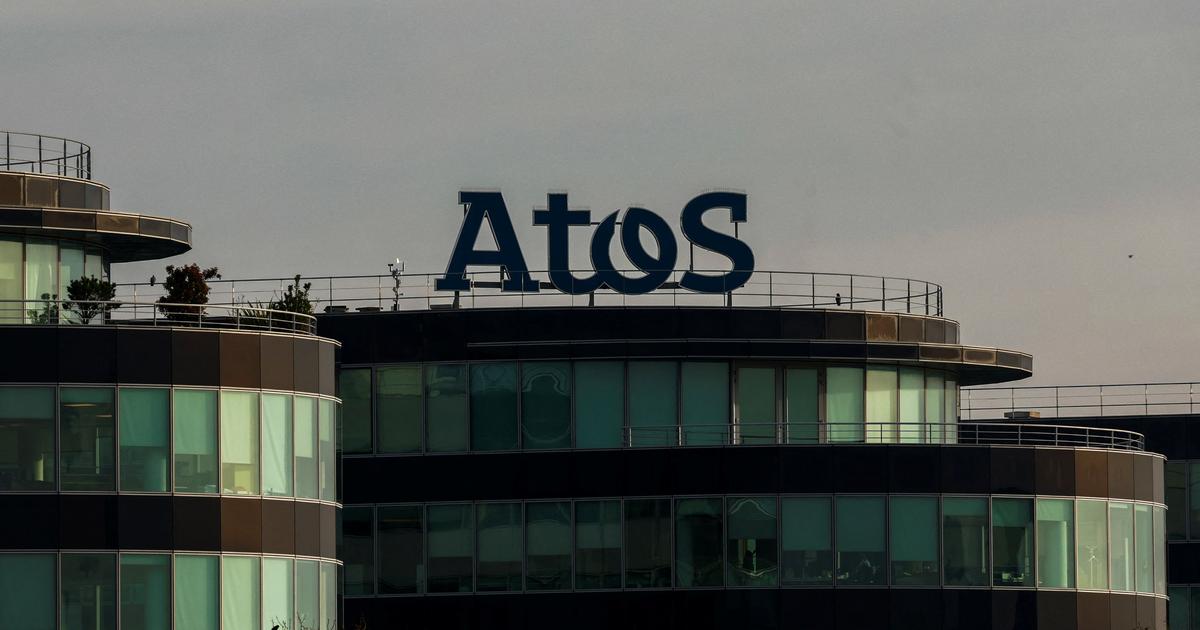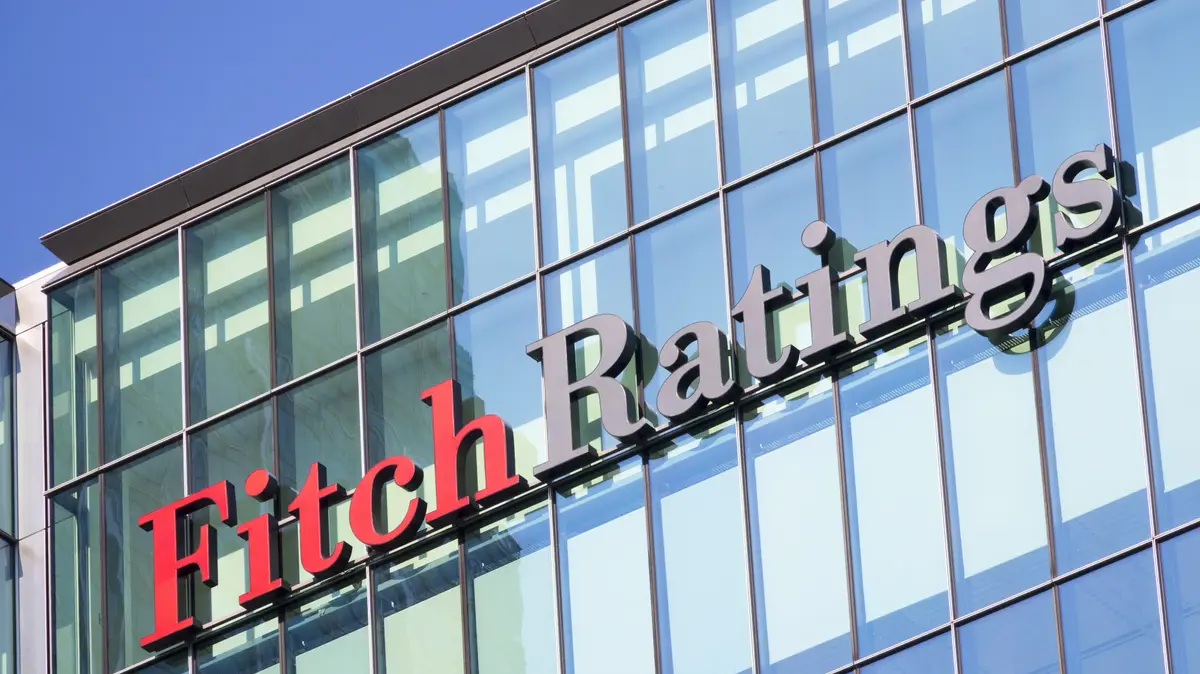One year after taking office, Governor of the Bank of Israel, Professor Amir Yaron, in a first comprehensive interview with the media: "The true cost of elections is the wait, but the shekel is strengthening nonetheless"
Prof. Amir Yaron in his office // Photo: Yehoshua Yosef
"The Governor of the Bank of Israel has a unique role that no other governor in the world has - he also officially serves as the economic advisor to the government, even though I did not have a regular government since I took office," says Prof. Amir Yaron in a special interview, one year after taking up the post of Governor of the Bank of Israel.
Prime Minister Benjamin Netanyahu and Finance Minister Moshe Kahlon did not find it easy to locate Prof. Yaron. They seemed to be unanimous in principle - a figure to be appreciated by economists around the world, someone who had no interest in politics or business. It seemed a clear priority for the big man of the world, someone who is proud to send to represent Israel at conference conferences.
Photo: Benny Pleven
Prof. Yaron is like this: He is well-known in the community of economists and highly esteemed. He was born in 1964, grew up in Israel, studied bachelor's and master's degrees in Tel Aviv, after serving as an officer and from there pursuing his doctorate in Chicago and his academic career as a professor of finance and banking at leading universities. He won the prestigious Ross Award and was invited to the Nobel ceremony, suggesting a possible candidate to win the award for some of his important work.
"As soon as I took office, I thought that the bank should immediately begin to adapt to tomorrow's economy. This requires a long-term examination, a challenge of the conventions from monetary policy to a change in the bank's structure," he says. "I have looked at a strategic plan and we are in the phase of transitioning to implementation and in the coming months we will also publish it to the general public - the diagnosis and ignition of closing gaps in payment systems and the capital market.
"In the end, it will have a positive impact on all households and businesses. Even in my tenure, anyone who wants to pay in digital payments and not use cash - can. Credit and financing issues as well," says Prof. Yaron, responding to the frustration of many who understand the huge gap between the fact That Israel is considered a fintech power for the fact that the application is not happening here. We walk around with smartphones and smartphones and technically we have the ability to pay by bus, train and groceries through them, but as mentioned, it still doesn't happen.
The Governor is very important to respond to both small and small businesses and the program he is talking about will also help them compete better with customers. During the interview, he emphasizes several times the importance of the central bank's relationship with the citizen. "It is essential for the bank to be a leading body at the level of the world's central banks. We need to be ahead of the study to give the best advice to the government. On the other hand, we must not only be a lighthouse - but be accessible to the public and better explain ourselves - not only to regulators and elected officials, but also to the public. The broader needs to pass on financial insights in its favor. "
Not in range: Despite the miss, the destination is important
Is it possible that the slowdown in inflation no longer reflects, as before, a slowdown in market activity but part of the new economy - a much more sophisticated market, global competition for consumer goods as well?
"The inflation target has served the world's economies well over the past three decades. This compass is important to employers, employees and employees. So, even if we missed this period, it does not in itself justify changing inflation targets. Beyond that, I'm talking to all the governors - it's not We have a more flexible target and this is because the fall in inflation does not necessarily reflect a slowdown, but rather competition and market refinement, as you said. Lowering the cost of living is a welcome thing and we consider it a good thing.
"On the one hand, the rise in wages supports inflation, and on the other, there is global competition that has contributed to curbing it in recent years. We are definitely looking at inflation targets. We have a structured process and this will continue into 2021.
So I want to emphasize that as long as we have not changed the target, we are determined to return to the bottom of the range towards the mid range of the target. At the same time, we will continue to examine these perceptions over time. "
Meanwhile, the interest rate environment in the world and in the country is very low and continuous. Banks get almost free money and sell it to the public and businesses with a gap of hundreds and thousands of percent. Does the Bank of Israel intend to intervene in this matter?
"As competition grows in banking and foreign banking, we see a decline in household and business margins. The credit data pool has broadened the possibilities, though we still can't quite say how much it has contributed to the gaps. In the meantime, many processes are taking place that will improve banking. In terms of monetary policy, We strongly support the promotion of payment and clearing technologies that increase competition and reduce gaps - both for households and businesses and in capital markets. "
How about the government's economic behavior since you took office?
"In the last year, we are in the transition government and there are restrictions on the government, so I would not judge the government's actions in this year. We are in third elections and the direct cost of the three elections is about half a billion shekels, without the sabbaticals. But the main cost is waiting - there are ventures like Metro, Investing in human capital, reducing public sector regulation - these involve planning and budgets and this is being postponed, even though we are in a good business cycle and this is a good time to close those gaps - it is all sitting and waiting. "
What does this say about the state of the Israeli economy?
"We are in a period of political uncertainty and yet we are seeing good indicators - a rise in wages, and the Israeli market has continued to grow well over the past year. A strategic asset for the State of Israel. It is important to preserve this property and therefore when a government emerges it will have to deal with the budgetary gap, in order to maintain this property. "
To deal with the deficit that means raising taxes?
"The next government will have to deal with the structural deficit. How to deal with it is already a matter of government preferences. At the same time we see that civilian expenditure as a percentage of GDP is not that high. But first, streamlining processes must be exhausted. For example, in education, before investment increases, structural changes are required. Young teachers should be incentivized, invest in more effective teachers according to measurable parameters. To incentivize professions that have a "reward" - like math and English. The education budget is currently at the level of 2000, but the budget for the economy is not exceptional in the world. Although it has risen, it has brought a corresponding increase in the results, so this budget is not necessarily the answer. After all, if they have to raise taxes anyway, that's an option too. "
Will an increase in taxes not threaten Israel's global competition?
"We want to maintain the competitiveness of the economy from all its aspects. This is definitely one of the considerations that needs to be taken into account, but the structural part of the repayment needs to be closed.
Constructive ambiguity
"The Bank of Israel continues to buy billions of dollars in billions of dollars a year, in a market where forex trading is about $ 1.8 trillion a year. Does that really affect anything? What's the purpose?
"The policy has not changed since I entered the Bank of Israel. We have a preference for letting the market run itself, without our intervention. The purpose is to support inflation targets and proper activity. We regard the intervention as a right and direct tool as a transversal tool like interest rate. My intervention I once defined as "constructive ambiguity" - we have the knowledge to include the parameters and influence not through the volume of trade. The way we intervene does make an impact and is important. Remember that strengthening the shekel is also a positive matter for the economy And indicates the strength of the Israeli economy. "









